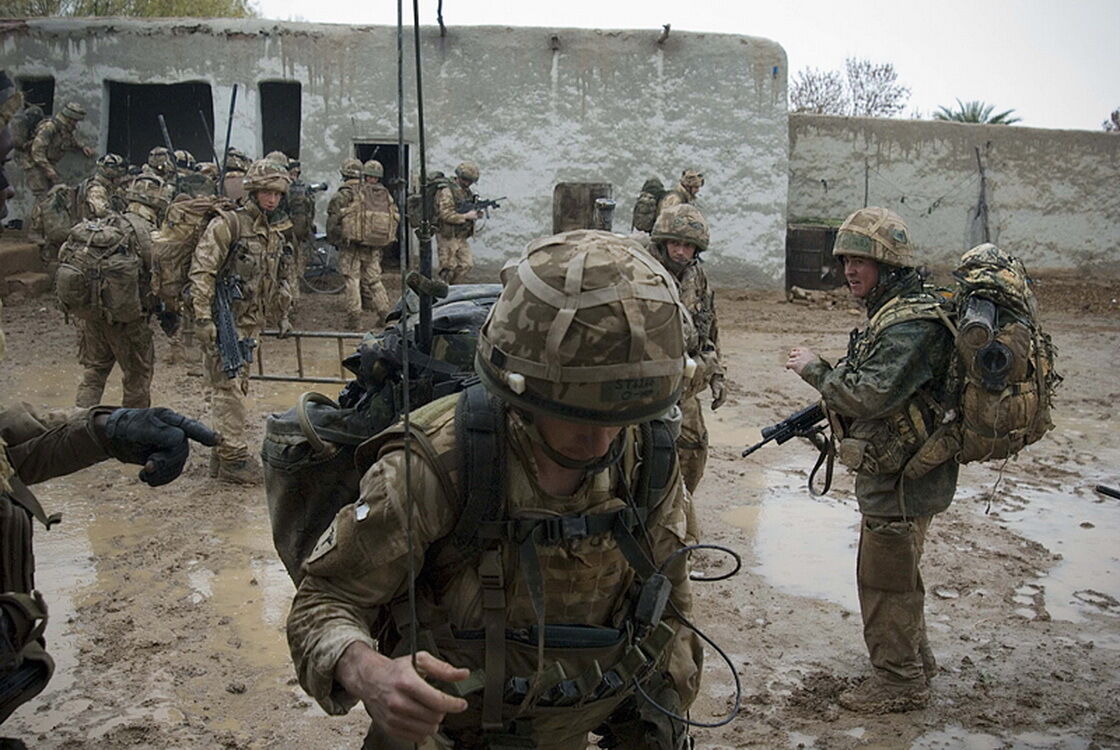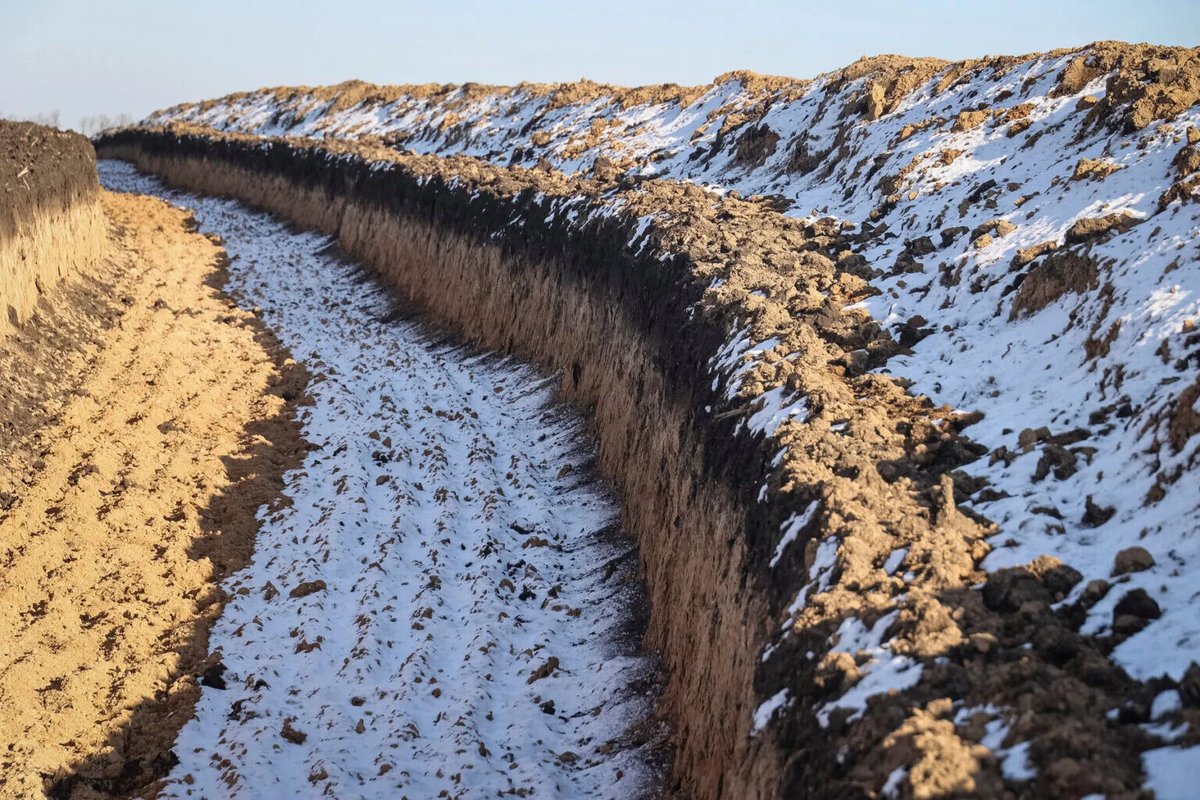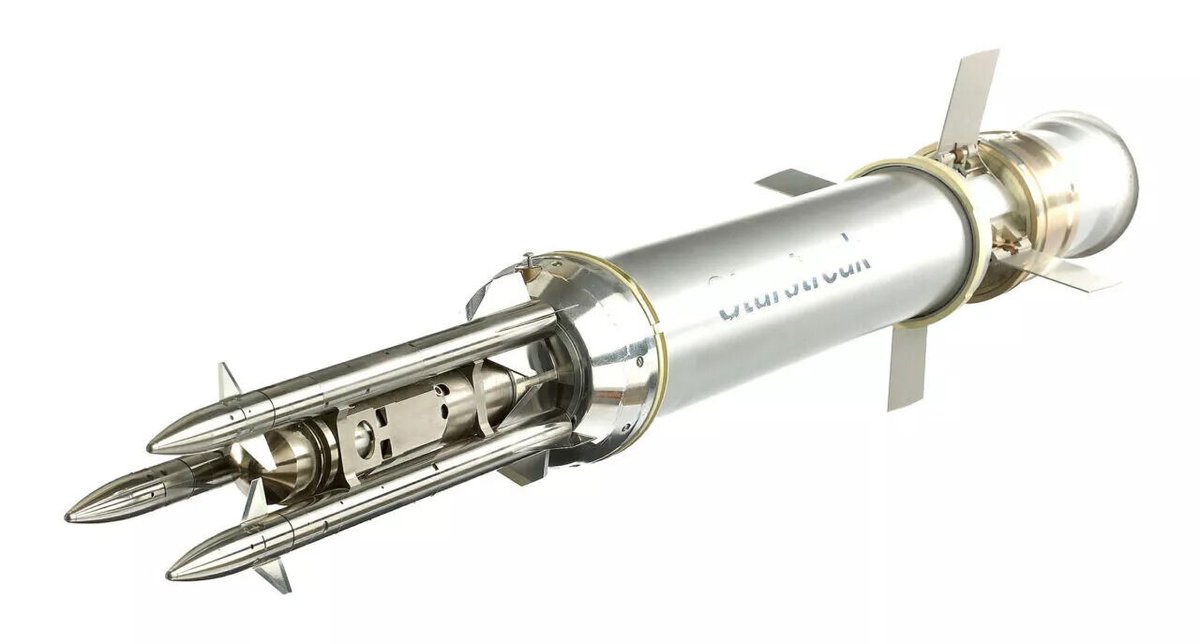A story of missed opportunities and the dangers of military fashion following. The Tactical Reconnaissance Armoured Combat Equipment Requirement (TRACER)
THREAD
1/
THREAD
1/
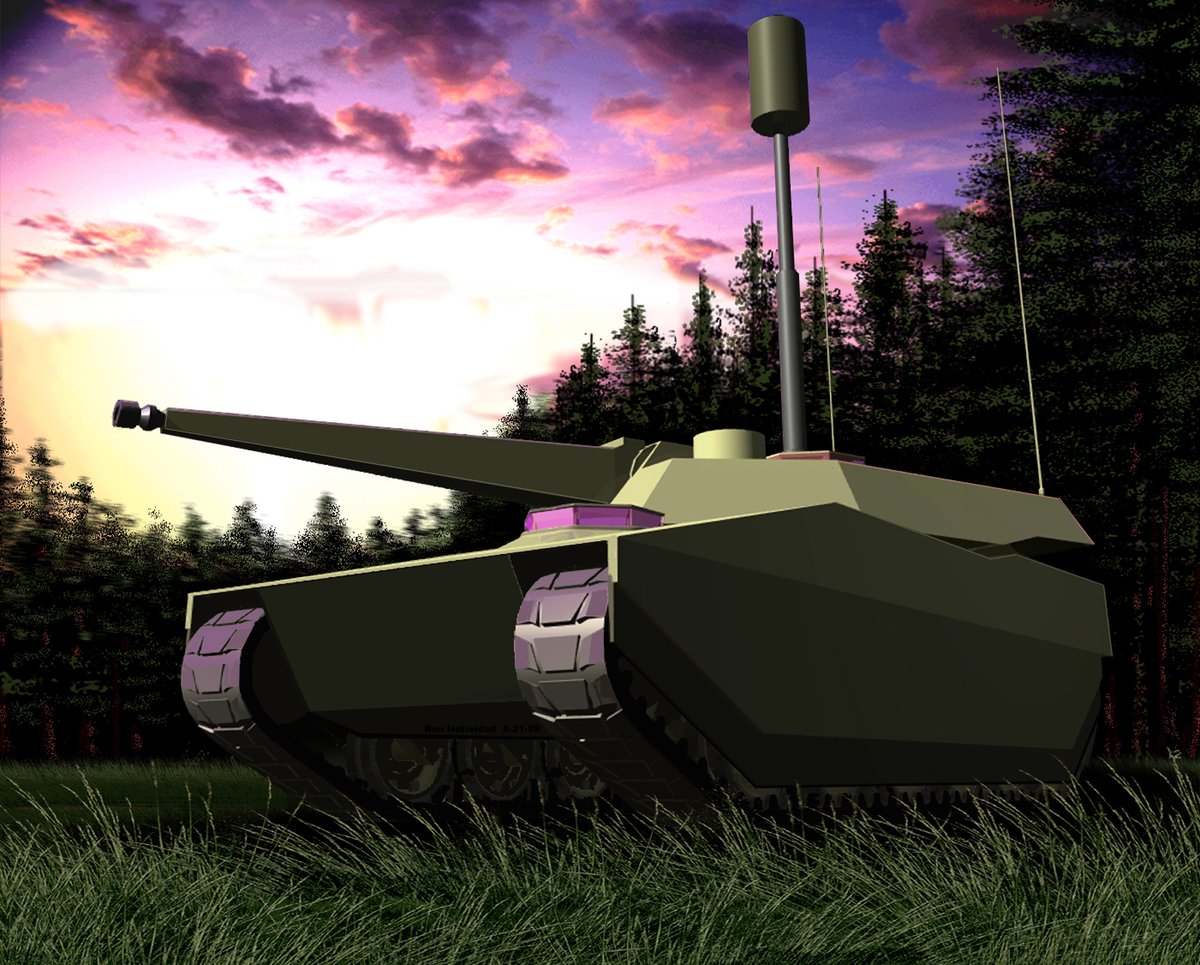
The TRACER story, and this the story of FRES, Ajax and Boxer, starts in the late eighties/early nineties with a study programme called the Family of Light Armoured Vehicled (FLAV). This eventually evolved in the Future Family of Light Armoured Vehicles, or FFLAV
2/

2/

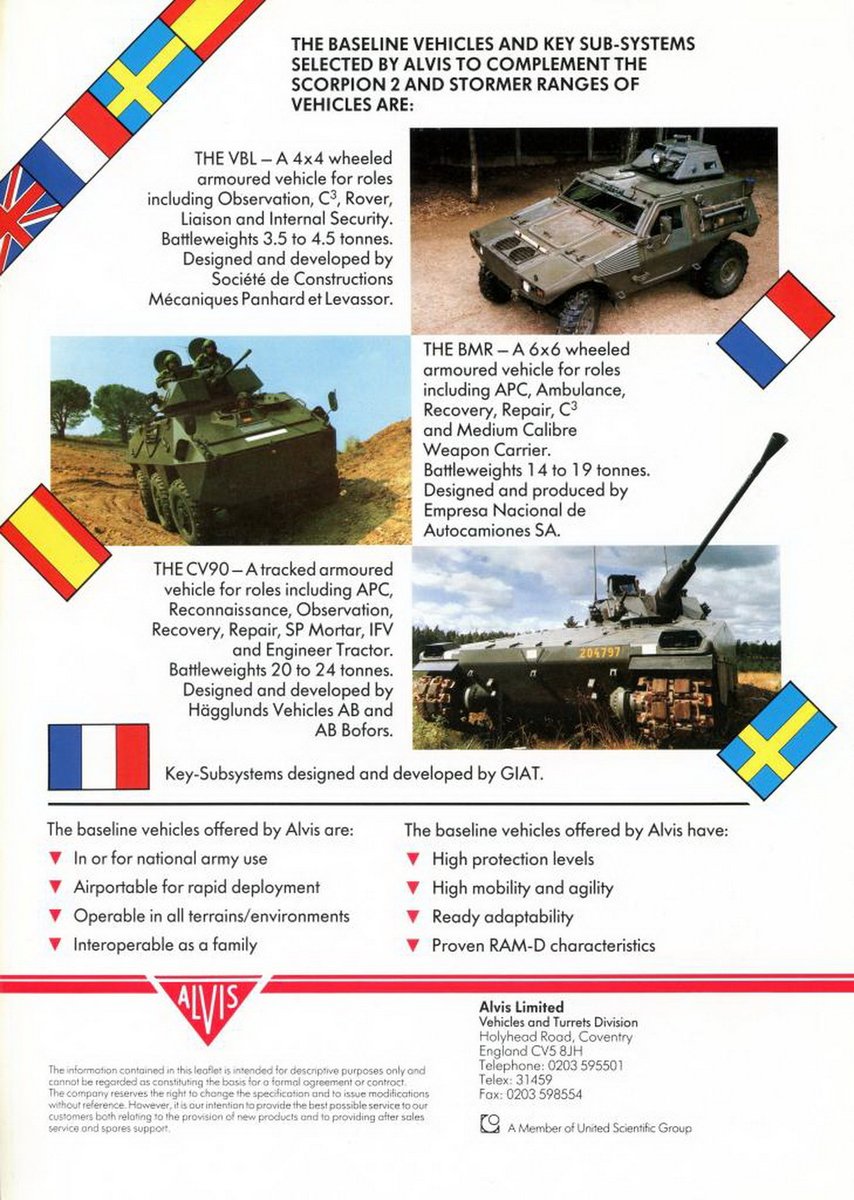
FFLAV incorporated operational experience from the 1991 Gulf War in its requirements. Alvis (at the time) recognised it didn't have all the required vehicles so came up with the idea of a European consortium. CVR(T) and Stormer would be joined by CV90, BMR and VBL vehicles
/3



/3
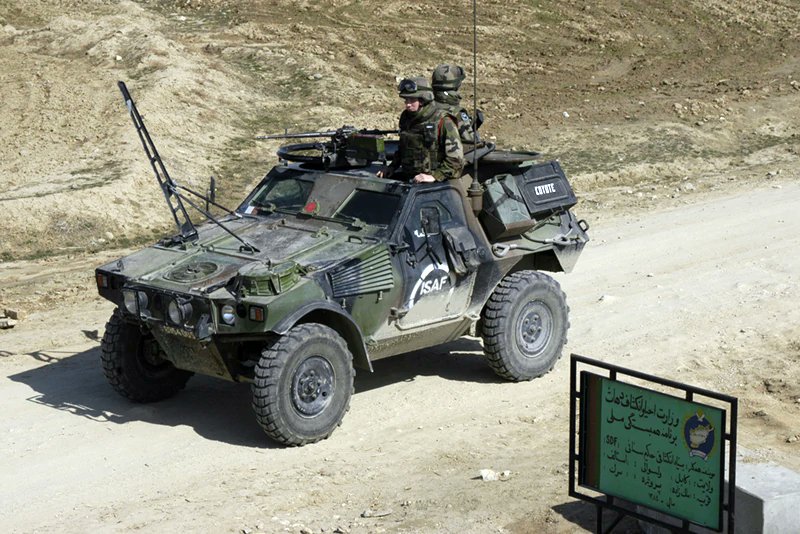
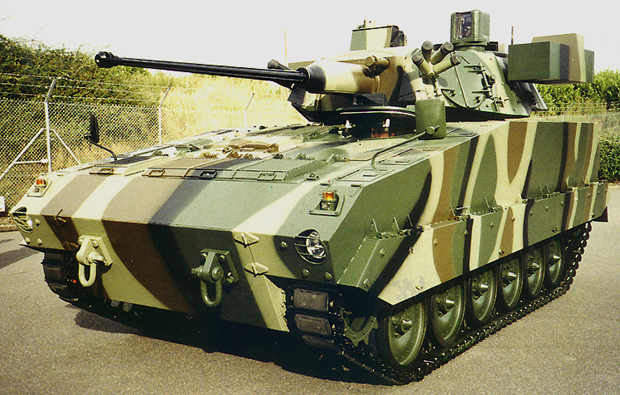
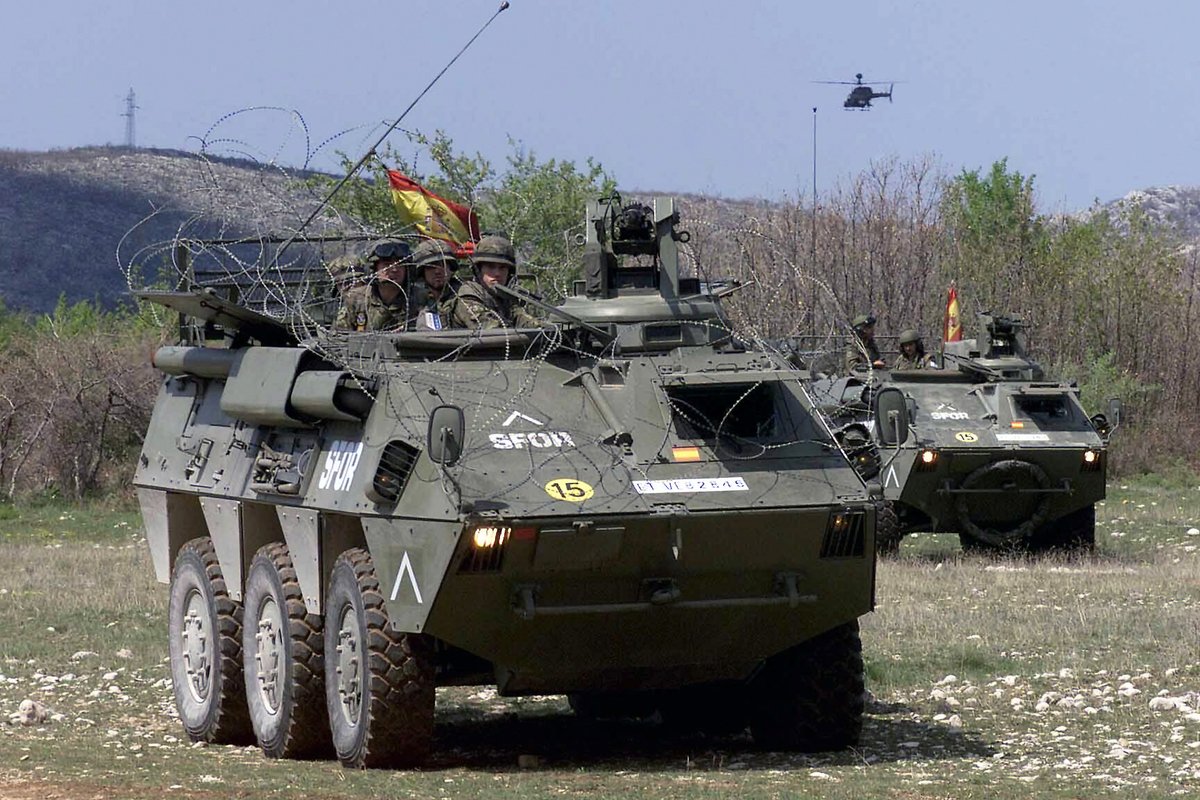
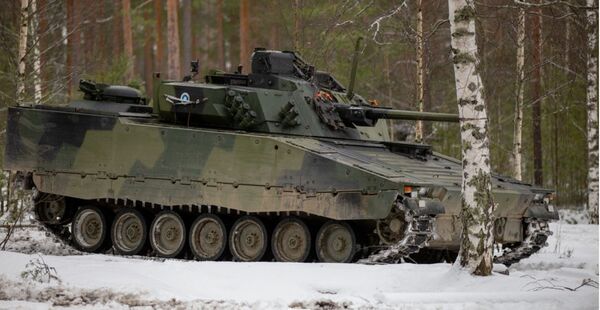
Operations in the Gulf had reinforced the problems of reduced mobility, capability and survivability caused by the age and the growing obsolescence of the FV432 and CVR(T) vehicle families
/4
/4
If there was a recognition before the Gulf War that replacements were needed, there was certainly much more recognition after.
/5
/5
FFLAV looked across the Army’s vehicle fleet and rightly concluded that there were too many types with overlapping roles, and the equipment in service could be consolidated by using a more coherent approach.
/6
/6
It probably marked the high point of joined-up thinking concerning the Army’s vehicle fleet. One might argue that such thinking has been significantly poorer both in planning and execution since.
/7
/7
Within FFLAV there was also a desire to replace Warrior through the Multi-Base Armoured Vehicle study. As a result, FFLAV was thought to have the potential for a total of 7,000 vehicles.
/8
/8
In addition to Alvis, GKN partnered with Mowag of Switzerland to create the GKN Piranha and the proposed Warrior 2000 would be used for the heavier variants
/9
/9

Royal Ordnance PLC, the BAE owned successor to the Royal Ordnance Factory (ROF) also suggested they would propose their RO2000 range of vehicles that were available in light SPG, IFV, self-propelled mortar and light tank variants.
/10
/10

It should be noted that FLAV/FFLAV was not a formal programme with specific requirements but more of a study, but the simple fact is this, it was the point (the late eighties) at which the British Army started looking for a replacement for CVR(T), FV432 and Warrior
/11
/11
Work ceased on FFLAV but its various studies informed the creation of two new programmes, TRACER and MRAV.
MRAV became Boxer, which we bailed on, but more on that in another thread, back to TRACER
/12
MRAV became Boxer, which we bailed on, but more on that in another thread, back to TRACER
/12
In 1992, Staff Target (Land) 4061, more commonly known as TRACER, Tactical Reconnaissance Armoured Combat Equipment Requirement was to be the new CVR(T) replacement. TRACER envisaged an in-service date of 2004, by then, CVR(T) would have been in service thirty years
/13
/13
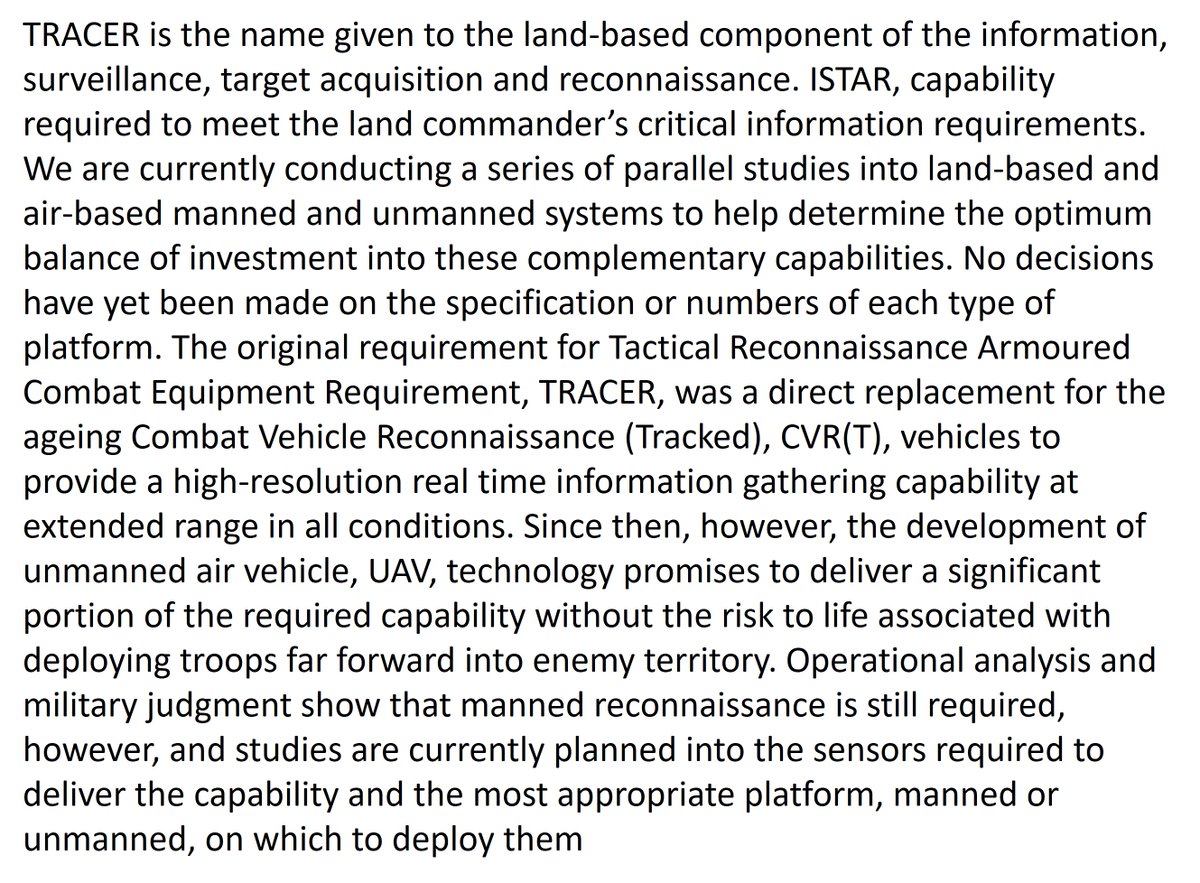
Three study contracts were let
1. British Aerospace, Royal Ordnance, Alvis Vehicles and Computing Devices Corporation
2. GEC-Marconi and GKN Defence
/14
1. British Aerospace, Royal Ordnance, Alvis Vehicles and Computing Devices Corporation
2. GEC-Marconi and GKN Defence
/14
3. Vickers Defence, Short Brothers, Siemens Plessey, General Dynamics, Continental Motors, Teledyne, Brown Engineering, Pilkington Optronics and Texas Instruments
GKN also proposed their Recce Warrior
/15
GKN also proposed their Recce Warrior
/15
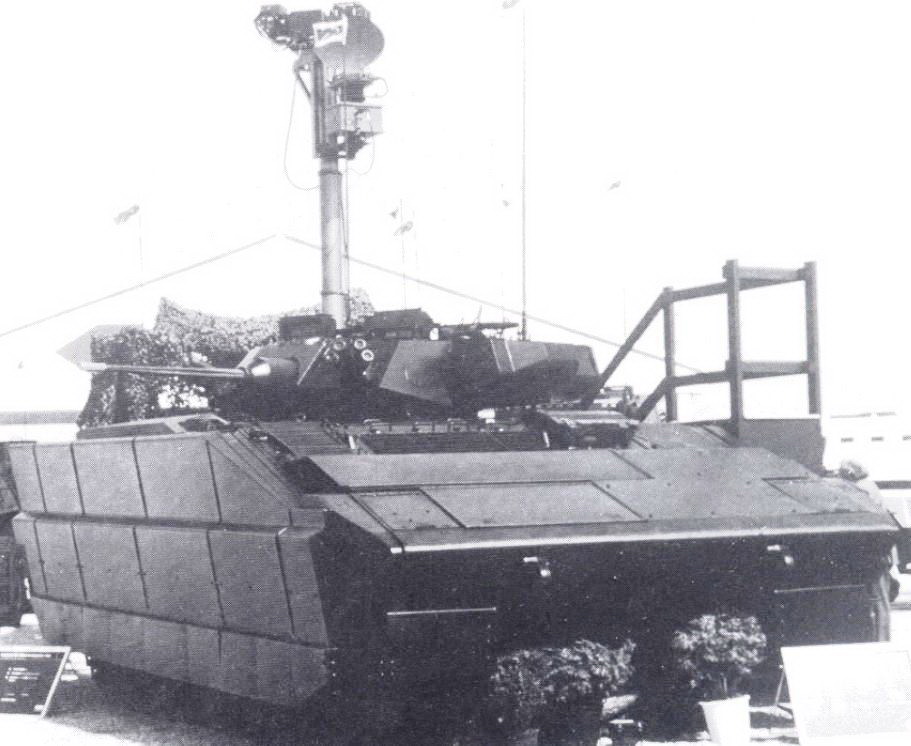
In the same period, the US Army started looking at a replacement for its Bradley M3 in Cavalry squadrons, and the M1114 HMMWV ‘Humvee’ in scout platoons, in a programme called the Future Scout Cavalry System (FSCS).
/16
/16

During regular discussions between the British and US Army, it was discovered that both were looking at similar requirements. The TRACER and FSCS programmes were subsequently harmonised and a joint project team created
/17
/17
Both nations’ requirements would be met by a single vehicle, the Armoured Scout and Reconnaissance Vehicle (ASRV). The Armoured Scout and Reconnaissance Vehicle was specified in a Memorandum of Understanding signed in July 1998
/18
/18
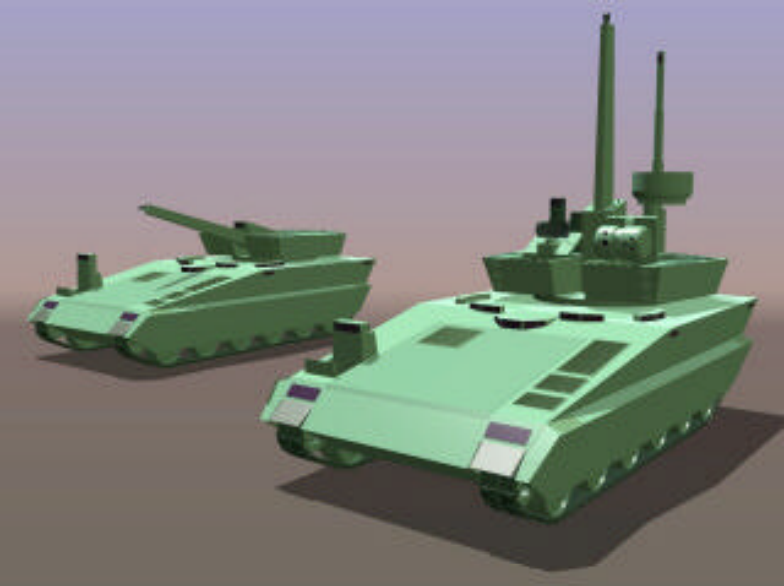
The headline requirement for the new vehicle required:
Ability to detect targets at 10+ km
Reduced visual, thermal, noise and electronic signature
Cross country speed of 60mph
400-mile range
Ability to operate without resupply for 72 hours
C-130 transportability
/19
Ability to detect targets at 10+ km
Reduced visual, thermal, noise and electronic signature
Cross country speed of 60mph
400-mile range
Ability to operate without resupply for 72 hours
C-130 transportability
/19
Although a common vehicle was envisaged, the British Army had an additional requirement for their variant to be equipped with a long-range anti-tank missile. This was to provide overwatch for vehicles deployed forward without protection from MBT i.e. Striker/Swingfire
/20
/20
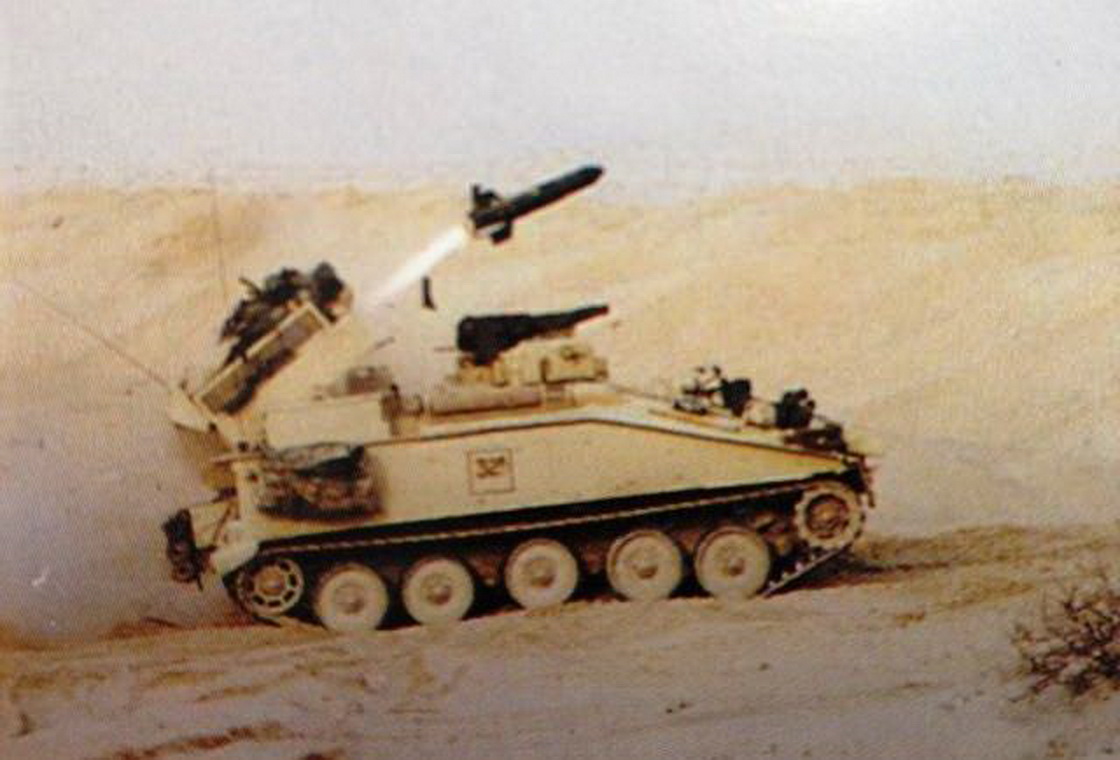
An Invitation to Tender (ITT) was issued on the 9th July 1998. Contracts for an initial study phase were signed with two consortia, each composed of a mix of UK and US companies, in January 1999.
SIKA
LANCER
/21
SIKA
LANCER
/21
SIKA International (British Aerospace, Lockheed Martin, Vickers Defence, Smiths Industries, Computing Devices Company, Pilkington Optronics, Shorts Missile Defence and General Dynamics)
/22


/22
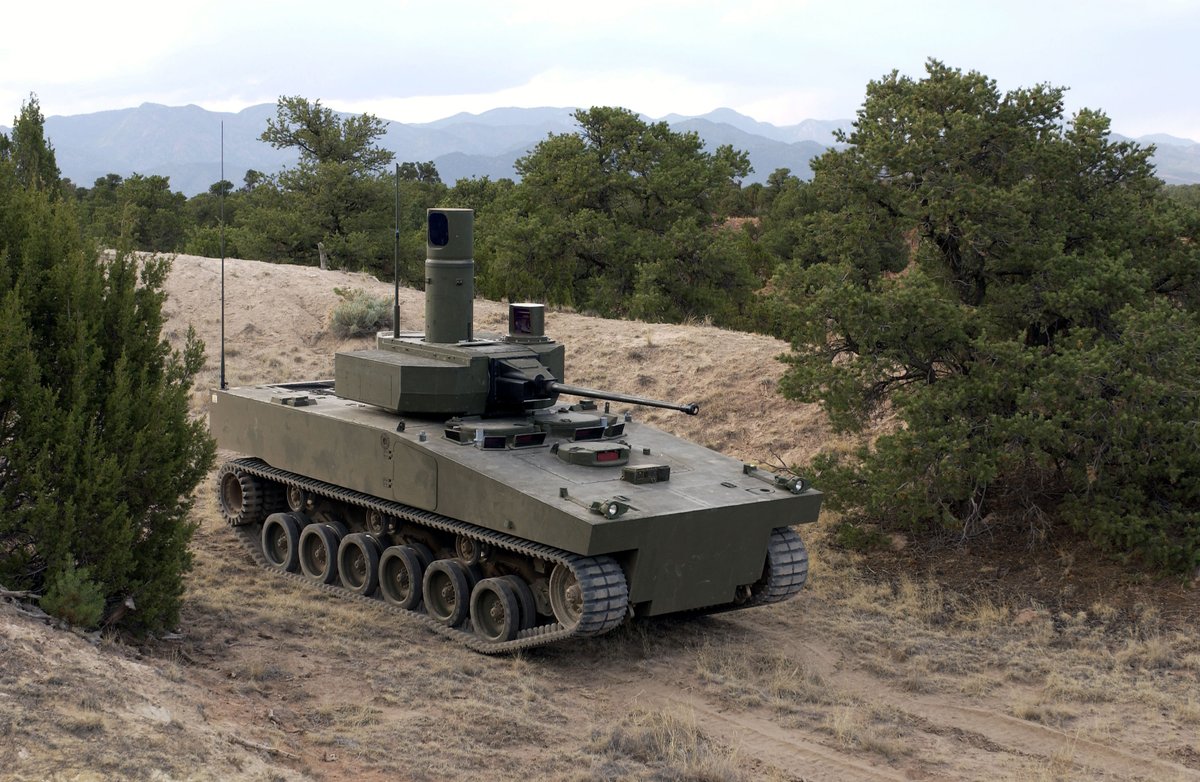
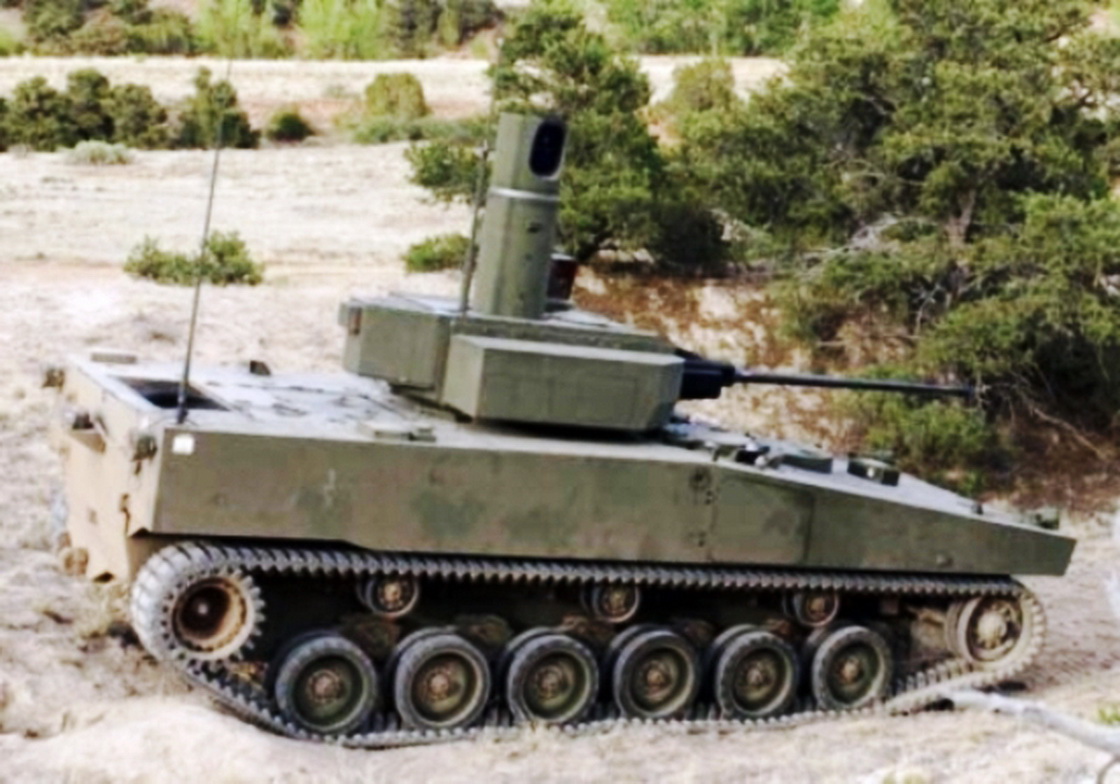
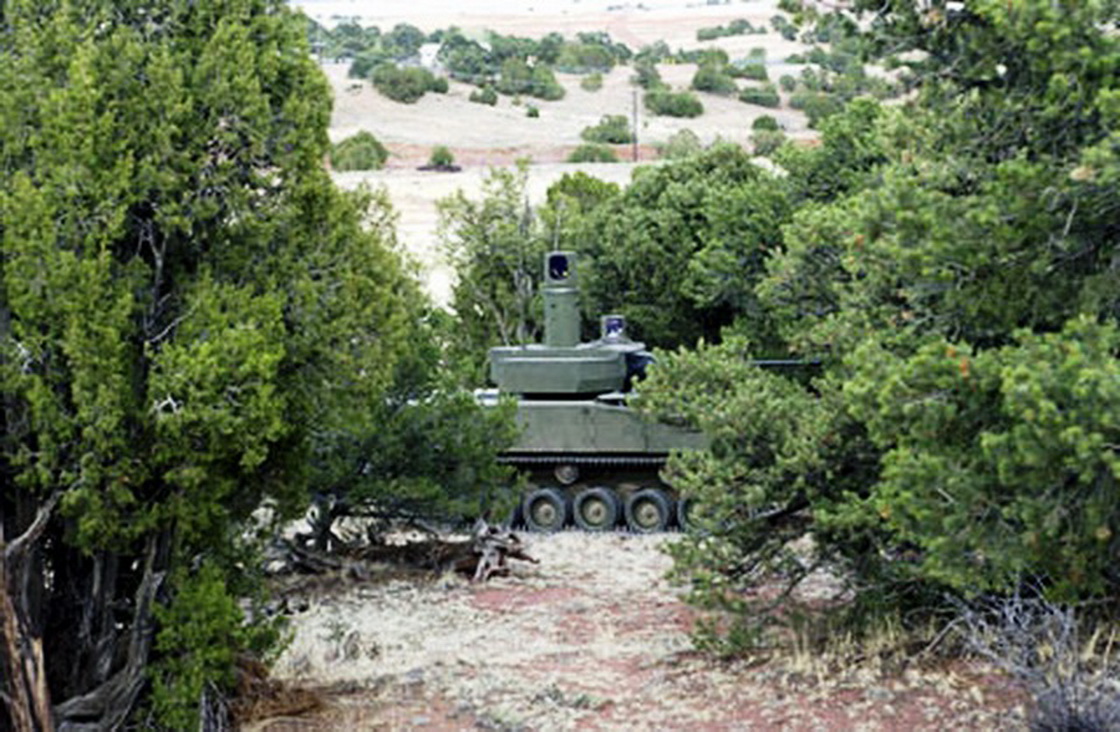
LANCER (Marconi, Alvis, United Defence and Raytheon). Each would be required to produce detailed specifications, training requirements, production plans/costs and an integrated demonstrator vehicle.
/23


/23
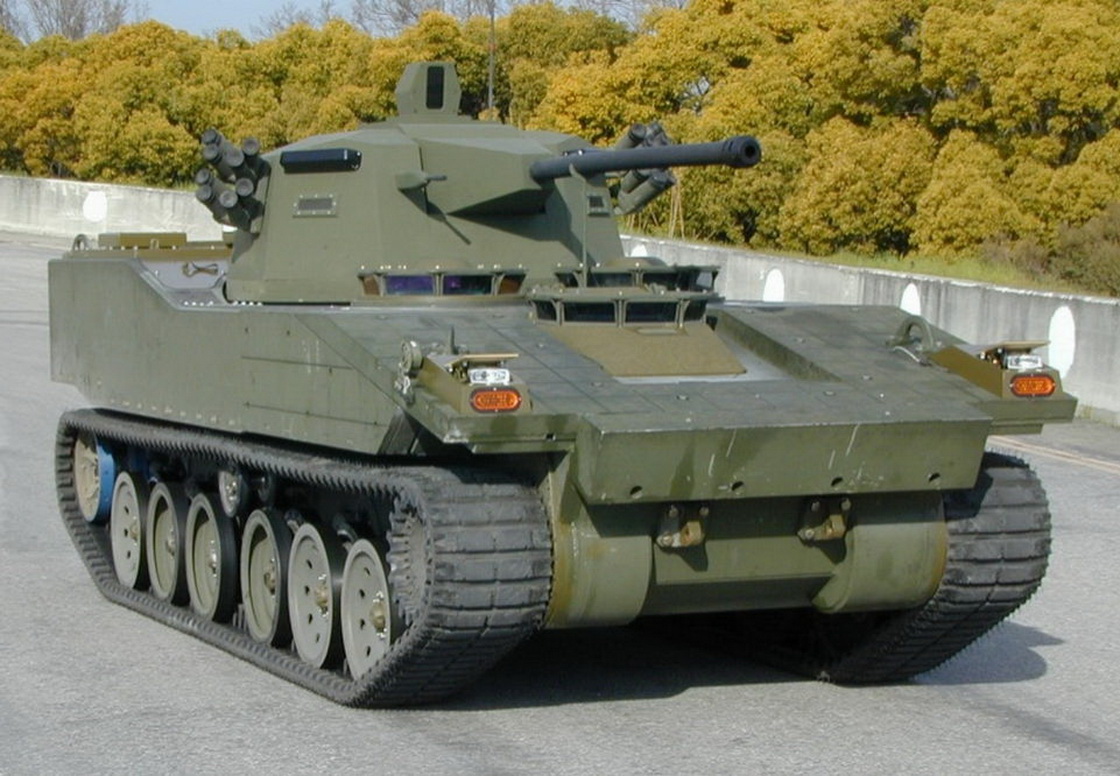
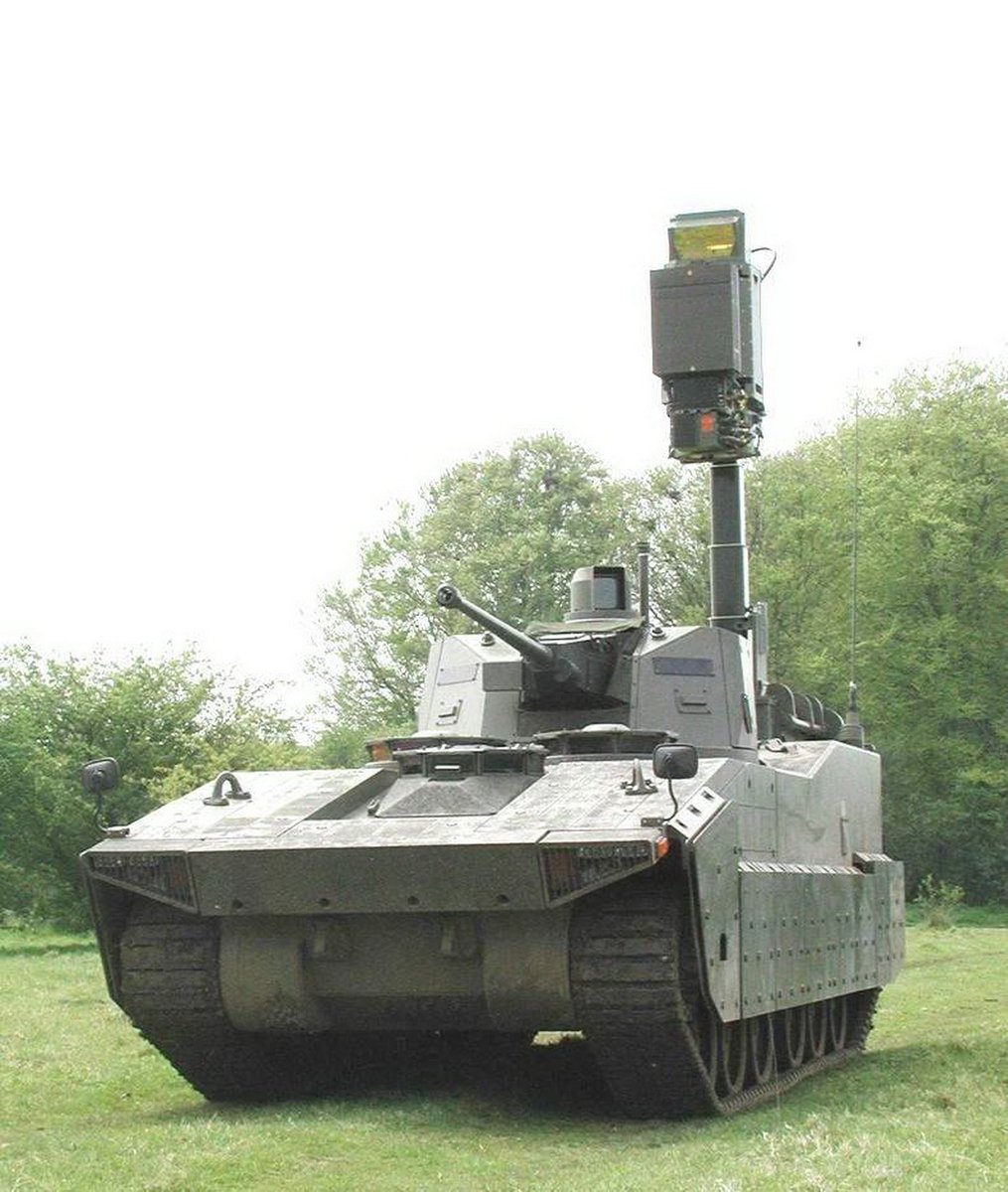
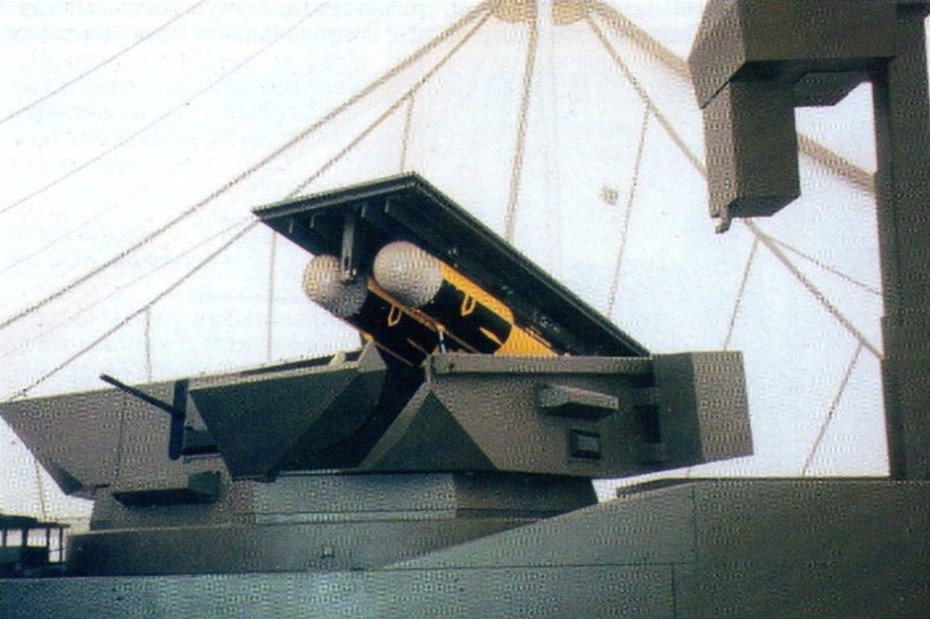
Both were very advanced designs; protected crew citadels, elevating multi-sensor masts, continuous rubber band tracks, hybrid propulsion, and uncrewed turrets, all backed up with extensive operational analysis
/24
/24

By this point, the MoD had spent about £130m but in 2001, storm clouds were looming for TRACER, despite the advanced stages of their initial trials, and that cloud was spelt Future Combat System (FCS)
/25
/25
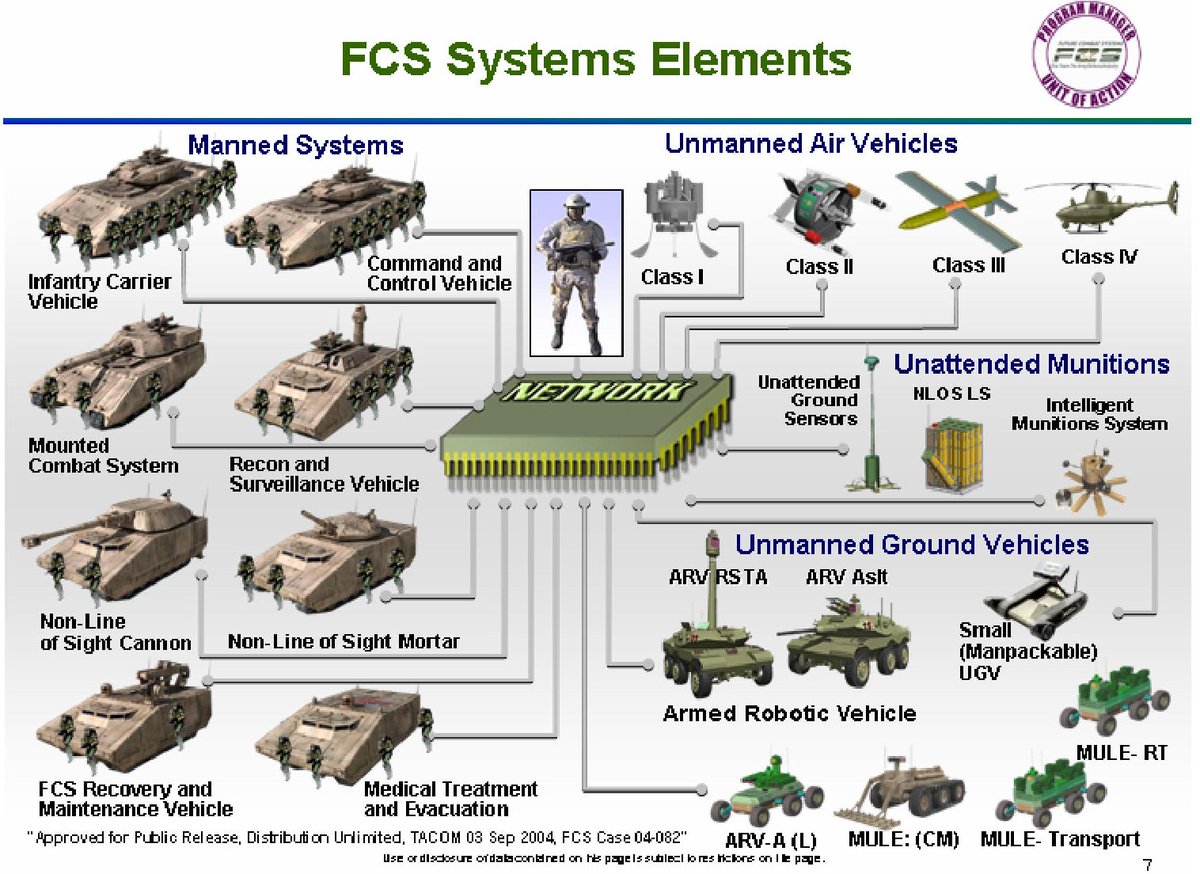
April 2001, a statement to the House of Parliament revealed that the future of the US FSCS was in doubt, describing how the new Future Combat System (FCS) vision as envisioned by General Shinseki in 1999 would need funding and some programmes would be cut to make room for it
/26
/26
And where FCS trod, FRES followed, Future Rapid Effects System. TRACER was dumped in October 2001. FRES was the new gentleman about town, it was going to be awesome
/27
/27

TRACER cost the MoD £131 million. Now we can argue it was technically too ambitious for the time, and the programme left little room for trading capability against risk, but we dropped it like a ginger stepchild for shinier things
/28
/28
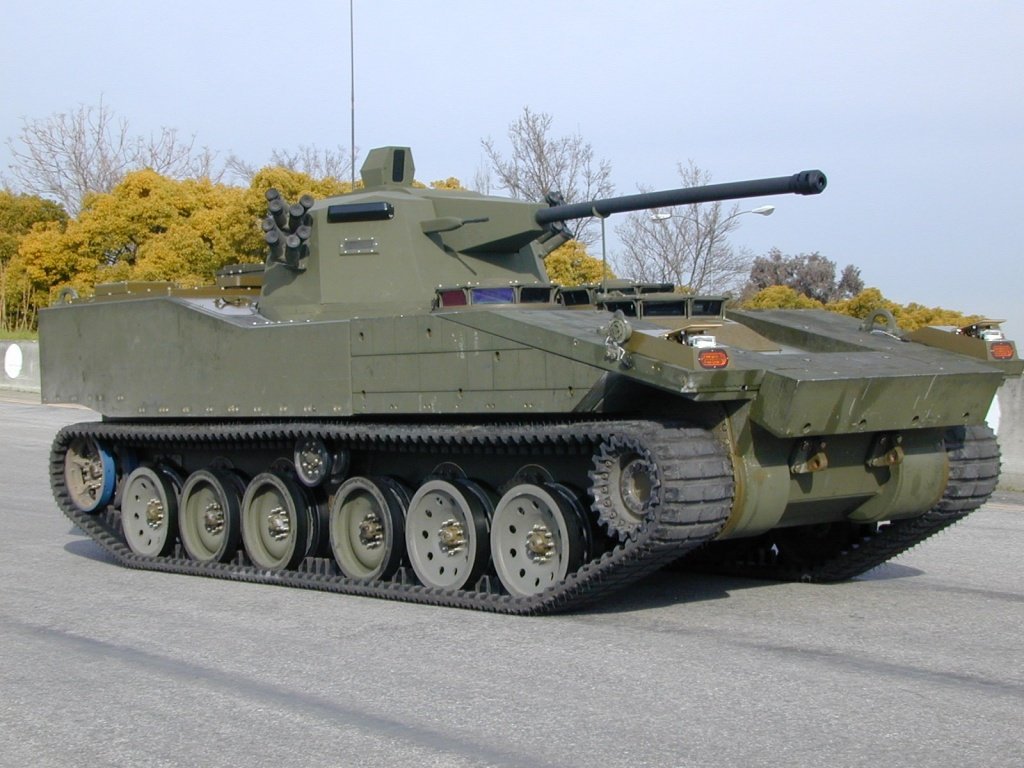
As we all know, FRES died on its arse after spending yet more years and yet more millions, to be replaced with Ajax
/29
/29
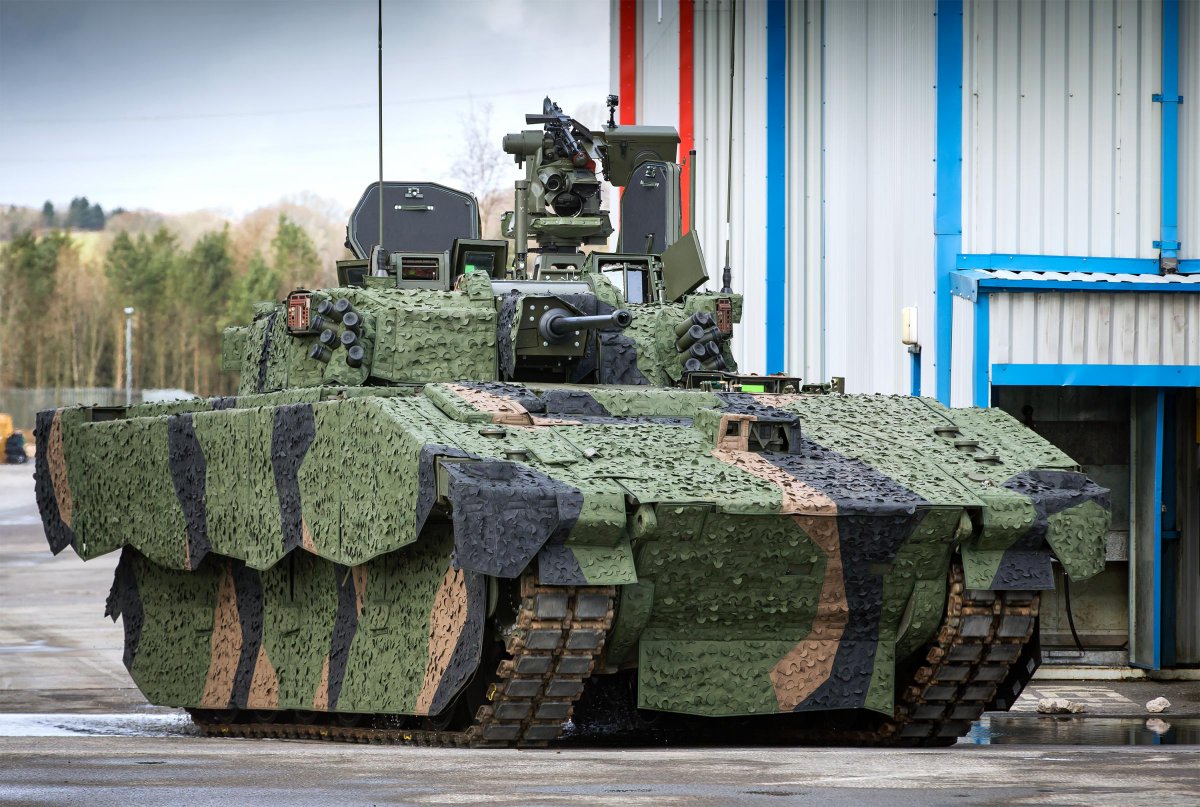
We came close I guess, but this is what happens when you team up with others and they are bigger than you. It is also a salutary lesson is ignoring operational analysis and careful requirements settings for shiny new things and promises from suppliers
/END
/END
• • •
Missing some Tweet in this thread? You can try to
force a refresh


